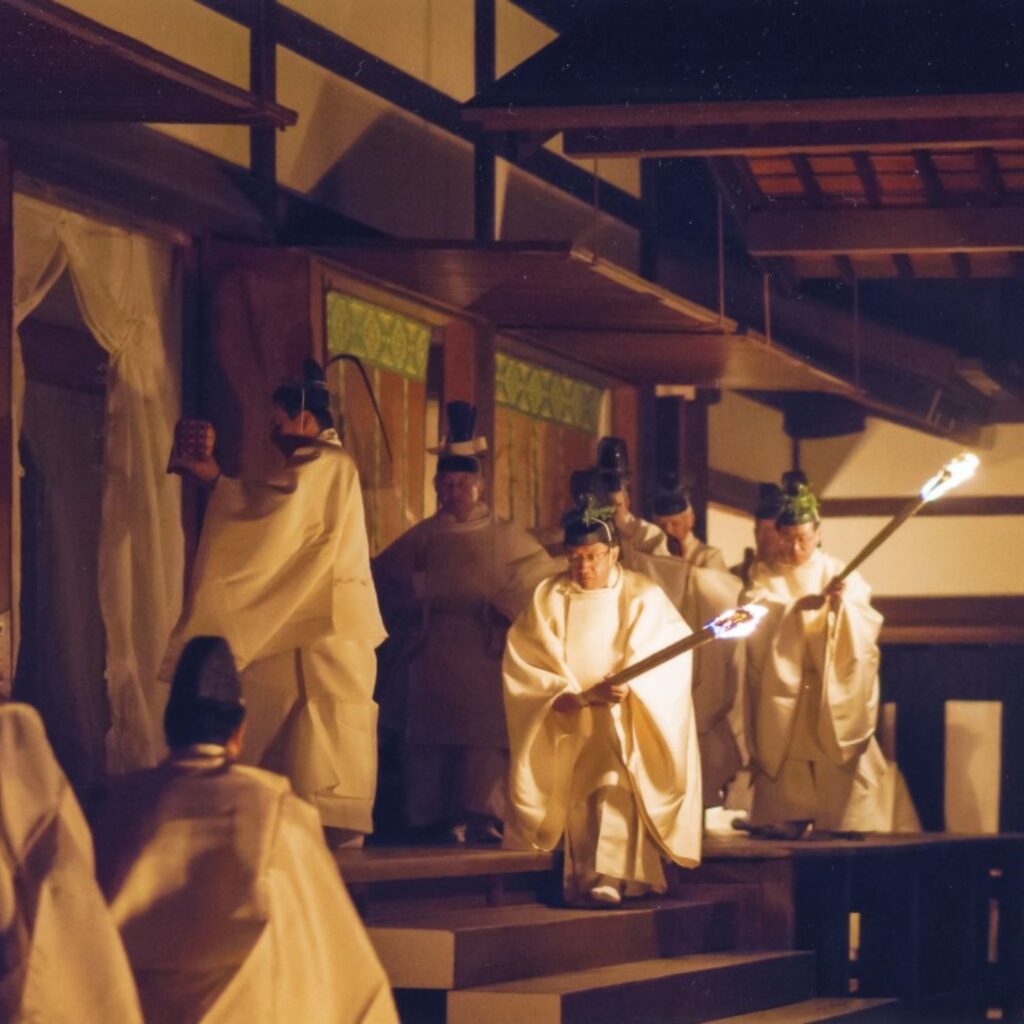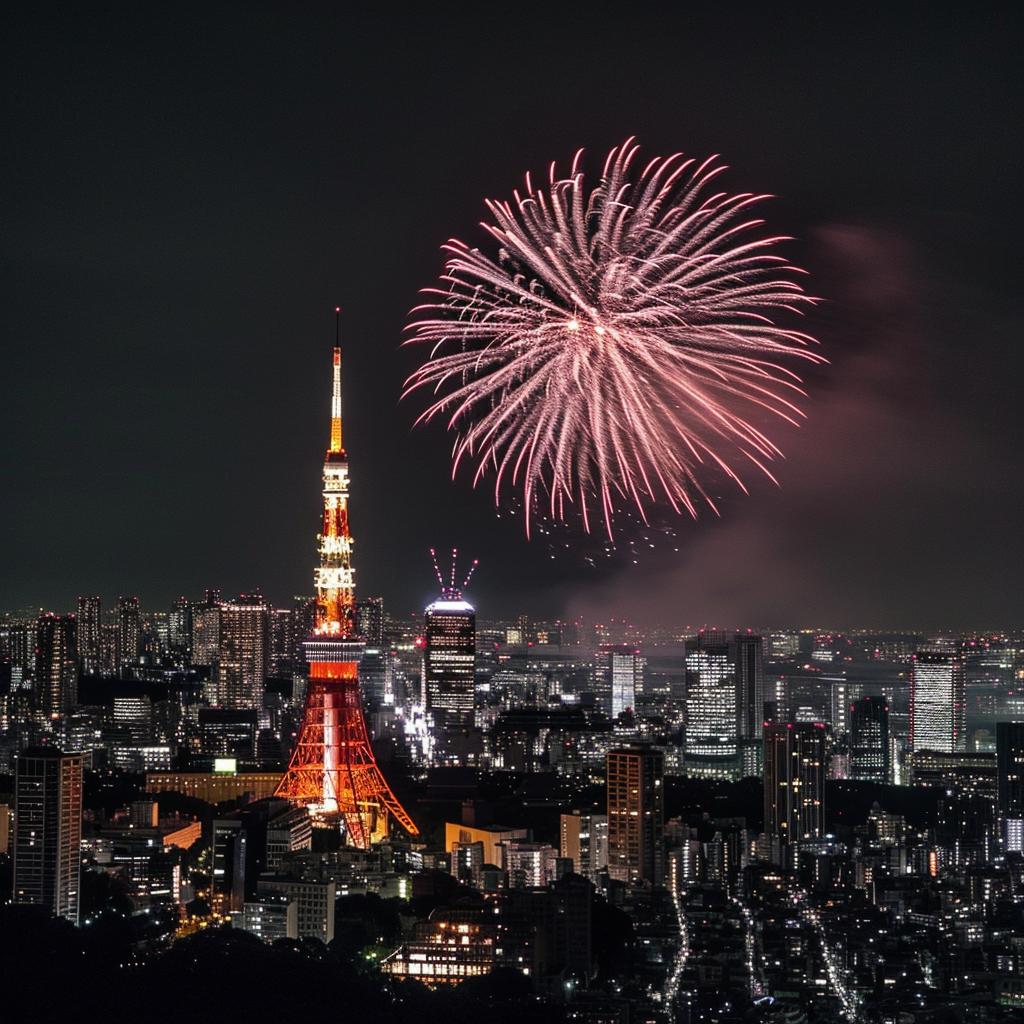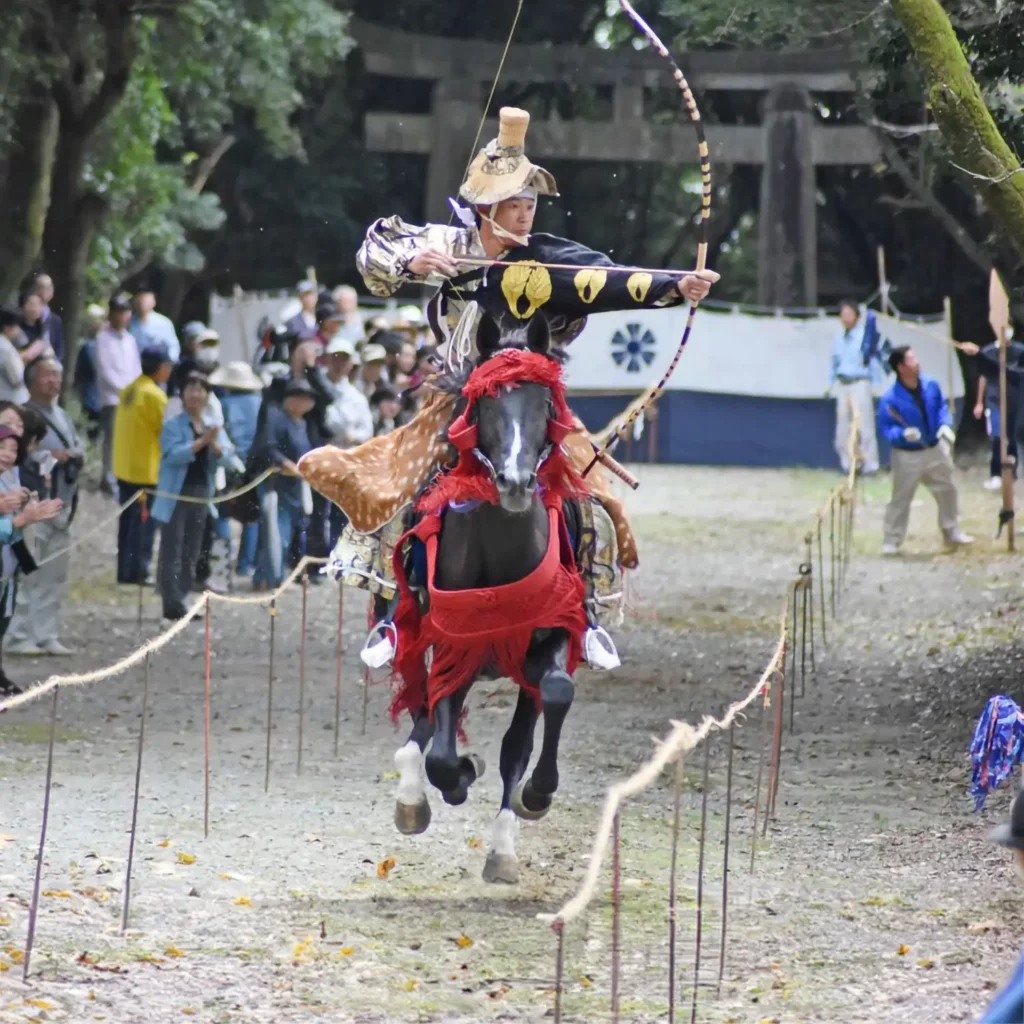The Niiname-sai, or “Harvest Festival”, is celebrated every November 23 in Japan. This festival honors the harvest and expresses gratitude to the deities for the abundant harvests. This event, deeply rooted in Japanese culture, symbolizes a strong connection between nature and ancestral traditions.
Origins of Niiname-sai
The Niiname-sai dates back centuries and has its roots in Shinto agricultural rites. This festival once marked a key moment in the agricultural year. Emperors offered the first rice harvest to Amaterasu, the goddess of the sun. This gesture symbolized respect for the gods and harmony with nature. Today, the Emperor of Japan perpetuates this ritual in a private ceremony at the Imperial Palace.
Ceremony of the Festival
The Niiname-sai includes a solemn offering of rice, sake, and other produce. The Emperor, as a bridge between the deities and the people, thanks the gods for their generosity. These rites are accompanied by prayers for prosperity and peace. Many regions also hold local celebrations with traditional dances, music, and foods to honor the harvest.
A Festival of Gratitude and Community
The Harvest Festival is not only an imperial ritual. It also embodies an opportunity for the Japanese to reflect on the importance of agriculture and community. People actively participate in local festivals, strengthening social ties and sharing a meal prepared with the produce of the harvest. This moment unites generations and highlights the harmony between humans and nature.
Niiname-sai Today
Although this festival has ancient origins, it remains relevant in modern Japan. With industrialization, many Japanese people live in cities, far from agricultural activities. However, the Harvest Festival reminds everyone of the importance of respecting the earth and appreciating its blessings. This festival continues to transmit the values of gratitude and respect for the environment.
Conclusion
Niiname-sai embodies the richness of Japanese traditions and their connection with nature. This festival, celebrated every November 23, recalls the importance of harvests and gratitude. By participating in or learning about this ritual, you discover an authentic Japan that is attached to its roots.





